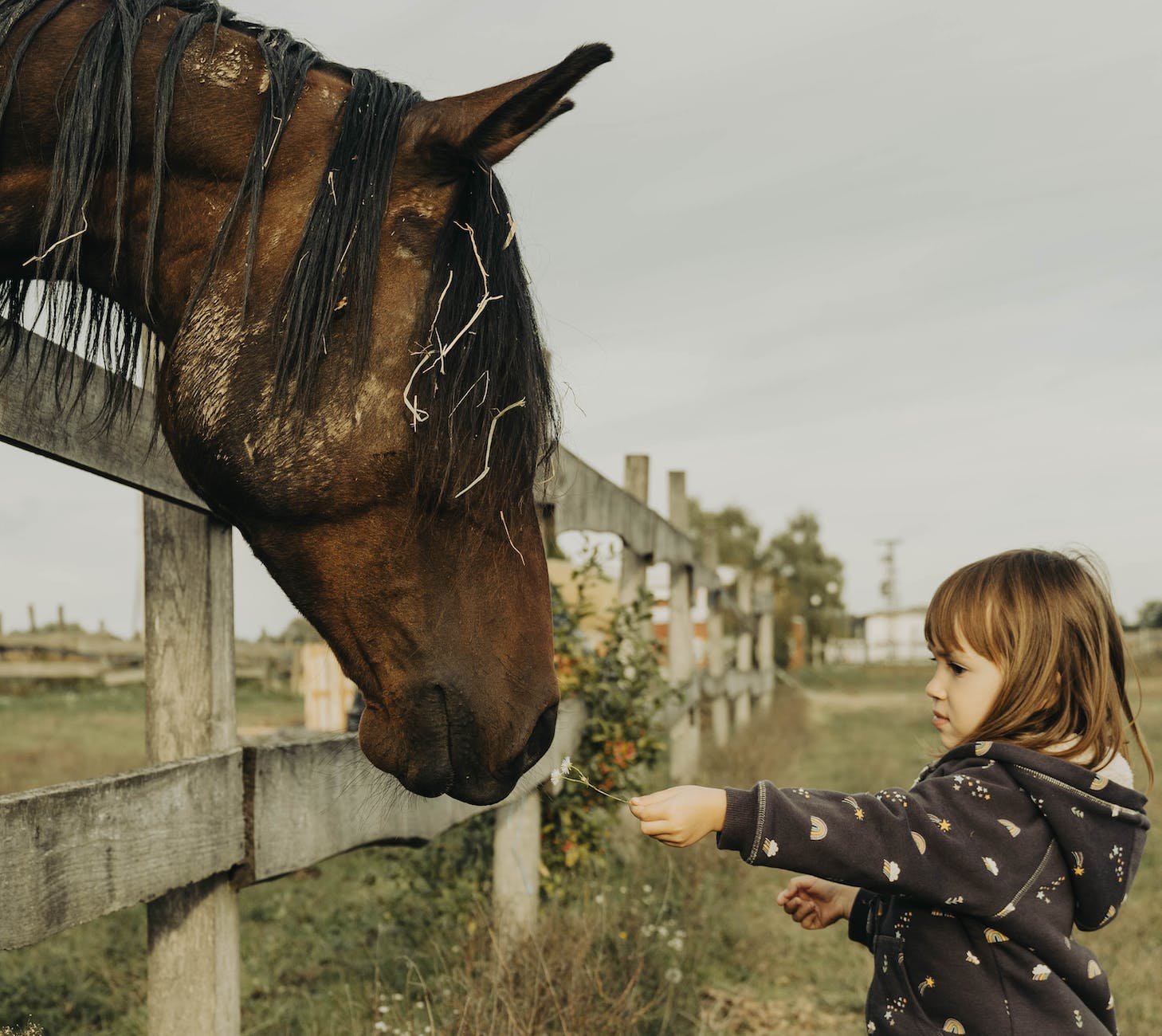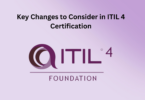
Optimize Horse Nutrition With The Right Feed
Horse feed is a topic of great importance, as the type, quality, and amount of feed provided to horses can have a significant impact on their health, performance, temperament, and lifespan. It is critical to understand the different types of feeds available and how they benefit individual horses to make the best decision possible. With so many options available, it can be challenging to determine which one is right for your horse. This article will provide an overview of three critical types of horse feed: grains, hay and forage, and supplements.
Grains are a concentrated source of energy in the form of carbohydrates, proteins, fats, minerals, vitamins, and other trace nutrients. They are commonly used as horse feed, and oats, corn, wheat bran/middlings, barley, flaked corn, rye middlings, milo, rice middlings, and sorghum grain products are some of the most commonly used grains. However, grains should only be fed as part of a balanced diet, as too much grain can lead to obesity in horses.
Hay and forage are roughages that provide the fibre that helps keep horses’ digestive systems healthy. They contain vitamins A and D as well as minerals like calcium and phosphorus, which are crucial for horses’ bone and teeth health. Good quality hay should not contain mould or dust, which can be harmful if inhaled. The amount of hay you feed your horse will depend on their age, weight, activity level, health status, and climate conditions in which they live.
Vitamins and supplements are essential to a horse’s diet, especially for horses that are deficient in certain nutrients. Some common types of supplements include vitamin E, omega-3 fatty acids, joint supplements, and digestive aids. When choosing supplements, it is essential to consult with a veterinarian or equine nutritionist to ensure that the supplement is necessary and will not harm the horse.
When it comes to proper nutrition for horses, the key is to ensure that they are getting a balanced diet. A horse’s diet should include hay, grains, vitamins and minerals, and water. It is crucial to understand what type of hay your horse needs, as well as the amount of grain they should be receiving daily. Hay is an essential part of a horse’s diet and provides them with energy and fibre. Most hay consists of either timothy or alfalfa, which provides your horse with both protein and carbohydrates, as well as other vitamins and minerals.
Grains can also be an important part of a horse’s diet but should only be fed in moderation due to their high sugar content. Common grains such as oats or corn can be fed to horses, but make sure you choose ones that are free from moulds or toxins. Grains should always make up less than 10 per cent of the total daily intake for your horse, so it is essential not to overfeed them on grains when making up their feed ration each day.
Healthy eating habits are essential to maintaining a healthy lifestyle, and the same is true for horses. Good nutrition is important for everyone, but it’s especially crucial for horses as they grow and develop. Eating a balanced diet helps horses get the right amount of essential vitamins and minerals for growth, maintain an appropriate weight for their age and height, and prevent obesity later in life.
Eating healthy meals can also improve a horse’s energy levels throughout the day so they can focus on tasks more effectively. Consuming adequate amounts of protein will help keep the horse feeling full longer while providing its body with the necessary fuel to power through activities like exercise or work tasks.






